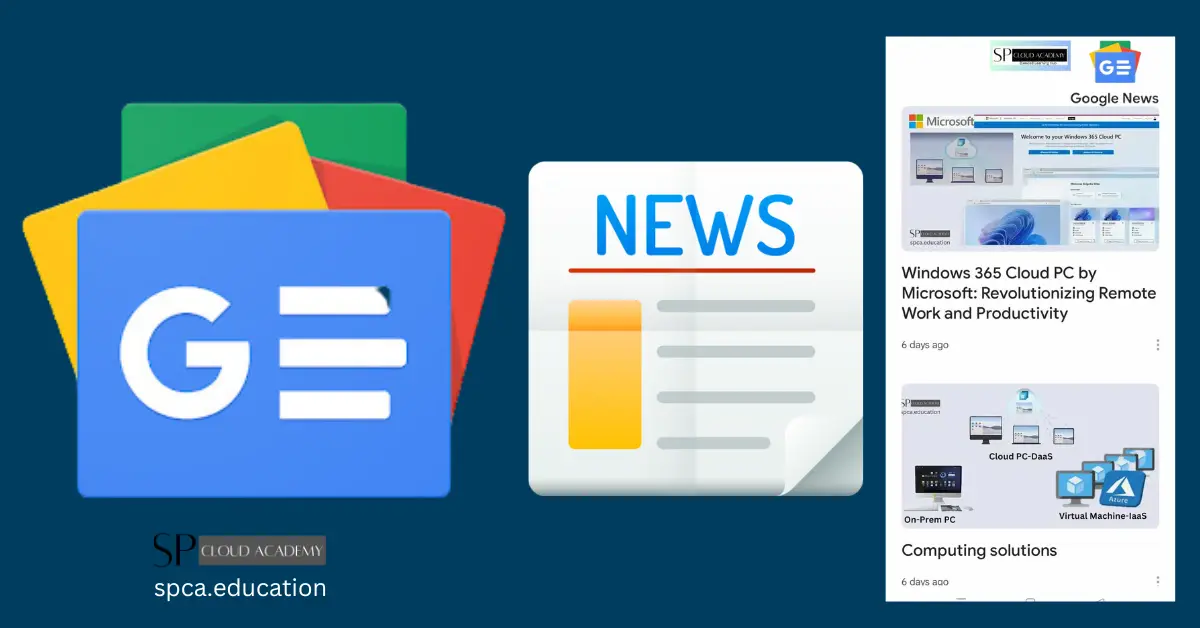The humble web browser. It’s our digital window to the world, the one application we all use daily, yet often take for granted. For years, the browser war seemed settled, with Google Chrome sitting comfortably on its throne. But as we navigate 2025, the landscape has dramatically shifted. The battle is no longer just about speed; it’s about AI integration, user privacy, and resource efficiency.
Microsoft Edge, once a punchline, has re-emerged as a powerful, AI-driven contender. Mozilla Firefox continues to champion a private, open-source web. And Chrome, the reigning king, is scrambling to innovate without compromising its vast ecosystem.
So, which browser is truly winning the internet in 2025? The answer isn’t simple. It depends on what you value most. This in-depth comparison will break down the strengths and weaknesses of each titan to help you crown your personal champion.
Google Chrome: The Dominant Giant Adapting to a New Era
Google Chrome remains the market leader for a reason. Its seamless integration with the Google ecosystem (Gmail, Drive, Photos, etc.) is unparalleled. For anyone invested in Google’s world, Chrome offers an almost frictionless experience, syncing passwords, bookmarks, and history across all your devices flawlessly. Its vast library of extensions, built over more than a decade, is still the largest and most robust, offering a tool for nearly any task imaginable.
However, the chinks in Chrome’s armor are more visible in 2025. Its reputation as a resource hog, while improved, still lingers. On machines with limited RAM, running multiple tabs and extensions can quickly slow things down. More pressingly, privacy concerns remain a key issue. Google’s business model is built on data, and while initiatives like the Privacy Sandbox aim to offer a more private way to serve ads, many users remain skeptical. Its AI integration, powered by Gemini, is powerful but feels more bolted-on compared to Edge’s native implementation, sometimes existing in a separate tab rather than a helpful sidebar.
Chrome is for the user who prioritizes ecosystem convenience and the absolute largest selection of extensions above all else.
Microsoft Edge: The AI-Powered Productivity Powerhouse
If there’s a comeback story of the decade, it’s Microsoft Edge. By rebuilding on the same Chromium foundation as Chrome, Microsoft instantly solved its compatibility problems. Now, it can run virtually all Chrome extensions while carving out its own unique identity. In 2025, that identity is crystal clear: AI and productivity.
Edge’s killer feature is its deep, native integration of Microsoft Copilot (powered by OpenAI’s GPT models). The AI sidebar is a game-changer, allowing you to summarize articles, draft emails, generate images, and analyze data without ever leaving your current tab. Features like Vertical Tabs, Collections for organizing research, and “Sleeping Tabs” that dramatically reduce RAM and CPU usage make it arguably the most efficient and organized browser for work and heavy multitasking.
While its ties to Microsoft and Bing might deter some, the practical benefits are hard to ignore. It’s no longer just the “browser for downloading Chrome.” It has become a compelling reason to switch, especially for Windows users and professionals who live in the Microsoft 365 ecosystem. Edge has successfully transformed from a follower into a genuine innovator.
Edge is for the productivity-focused user, the AI early adopter, and anyone looking for a high-performance browser that masterfully manages resources.
Mozilla Firefox: The Unwavering Champion of Privacy
In an internet increasingly dominated by two ad-tech giants, Mozilla Firefox stands as a crucial alternative. As a non-profit organization, Mozilla’s only master is the user. This philosophical difference is evident in every aspect of Firefox. Its core mission is to create a more private, open, and ethical web, and it backs this up with powerful features.
Firefox’s standout feature is its Enhanced Tracking Protection, which aggressively blocks social trackers, cross-site cookies, and cryptominers by default. Features like Multi-Account Containers let you isolate your online identities (e.g., work, personal, shopping) from each other, making it incredibly difficult for sites like Facebook to track your activity across the web. Built on its own unique Gecko engine, Firefox provides vital diversity in a web landscape leaning dangerously towards a Chromium monopoly.
While its extension library isn’t as vast as Chrome’s, it’s well-curated with a strong focus on privacy and security tools. In the past, Firefox sometimes lagged in performance, but recent updates have made it incredibly fast and memory-efficient, often outperforming its rivals in certain benchmarks. In 2025, Firefox doesn’t compete on flashy AI features; it competes on trust.
Firefox is for the privacy-conscious user, the open-source advocate, and anyone who wants to take back control of their personal data.
Comprehensive Comparison Table: Edge vs Chrome vs Firefox (2025)
| Feature | Google Chrome | Microsoft Edge | Mozilla Firefox |
| Performance & Speed | Very fast, but can be a major RAM and CPU hog with many tabs open. | Excellent. “Sleeping Tabs” and efficiency modes make it a top performer, especially on Windows. | Highly competitive. Often uses less RAM than Chrome and is very responsive. |
| AI Integration | Good. Integrated with Google’s Gemini for search and some tools, but can feel less native. | Best-in-Class. Deeply integrated Copilot AI in the sidebar for summarizing, drafting, and more. | Minimalist. Focuses on privacy-preserving features over generative AI. |
| Privacy & Security | Adequate. Privacy Sandbox is a step forward, but its core business is user data. | Good. Strong tracking prevention options, but still a data-centric company. | Best-in-Class. Enhanced Tracking Protection and Multi-Account Containers offer superior user control. |
| Extensions | Best-in-Class. The largest and most diverse extension library available. | Excellent. Fully compatible with the Chrome Web Store, plus its own add-ons. | Very Good. A strong, curated library with a focus on privacy and security. |
| Unique Features | Deep Google ecosystem integration. | Vertical Tabs, Collections, Sleeping Tabs, Copilot AI, PDF reader with markup. | Multi-Account Containers, Total Cookie Protection, picture-in-picture for multiple videos. |
| Underlying Engine | Blink (Chromium) | Blink (Chromium) | Gecko (Independent) |
| Best For… | Users deeply embedded in the Google ecosystem who need the widest variety of extensions. | Productivity-focused users, professionals, AI enthusiasts, and Windows users. | Privacy-conscious users, open-web advocates, and those who want to escape the Google/Microsoft duopoly. |
The Verdict: Who Is Truly Winning in 2025?
After years of Chrome’s undisputed rule, the browser war is officially a three-horse race again. There is no single “winner” for everyone, but there are clear winners for specific types of users.
- Google Chrome wins for legacy and convenience. If your digital life revolves around Google’s services and you rely on niche extensions, Chrome remains the path of least resistance. It’s the default choice, powerful and familiar.
- Microsoft Edge wins for innovation and productivity. With its brilliant AI implementation and resource-saving features, Edge has become the most forward-thinking browser. It’s the best choice for professionals, students, and anyone who wants a browser that actively helps them get more done.
- Mozilla Firefox wins for principles and privacy. In an age of data exploitation, Firefox is a vital force for good. It’s the champion for users who believe their data is their own and want a fast, secure browser that respects their privacy above all else.
Ultimately, the browser that’s “winning the internet” is the one that best serves your needs. The best advice for 2025? Break from your default, download all three, and spend a week with each. You might be surprised which one truly feels like home.
See Also
-

The Future of Digital Literacy in 2024
-

Google News : The Ultimate News Destination
-

Digital Citizenship
-

Laptop Care: Best Practices for Maintaining Your Device
-

Essential Things to Consider Before Buying a New Laptop
-

Smartphone Buying Guide
-

Social Media Awareness
-

Digital Literacy
-

Methods to Secure Microsoft Word Documents
-

Internet Surfing
-

Google Workspace for Education
-

SP Cloud Academy Feedspot
